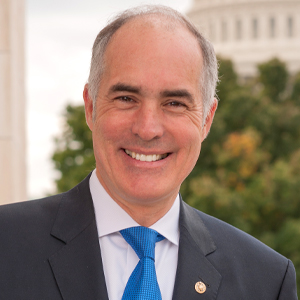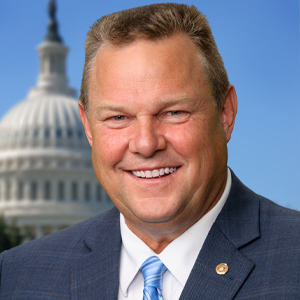Harris: “Keep Transit Services Running”
Vice President Harris led the Biden Administration’s effort to save transit as the CARES Act funding ran out. The American Rescue Plan Act of 2021 (ARP), included $30.5 billion in federal funding to support the nation’s public transportation systems as they continued to respond to the COVID-19 pandemic. Moreover, Harris ensured that the transit funds, unlike traditional grants, would be used exclusively for operating assistance to pay the wages and benefits of transit workers.
“Through our Department of Transportation today, we are also allocating $2.2 billion in funding from the American Rescue Plan, thank you Congress, to 35 transit agencies spread across 18 states. This funding will help communities employ more transit workers and keep transit services running.”
– Vice President Kamala Harris, March 7, 2022
But Harris didn’t stop there. Later in 2021, the Biden/Harris team pushed the biggest transportation infrastructure bill in American history over the finish line. The Infrastructure Investment and Jobs Act reauthorized the federal transit program for five years, providing significant increases in investment to put public transit agencies on a path to modernize their systems and meet the growing and evolving demands of our communities.
The bill provided $107 billion for public transit, an increase of $41.1 billion (63%) from previous levels. While Republicans in Congress pushed to end transit operating assistance, Harris fought to maintain FTA policies allowing funds to be used to pay transit workers’ wages and benefits. As a result, all systems may use their funds for preventive maintenance, and smaller communities can still use Federal Transit Administration (FTA) funds for any operating expenses.
By the way, last year, Harris’ running mate, Governor Tim Walz, signed a wide-ranging transportation bill in Minnesota that included money for a new passenger rail line and recurring funding for the Twin Cities Metro Transit system. Subsequent legislation also mandated that highway projects consider climate impacts before they qualify for state funding. The measures are among the most progressive climate and transit provisions passed at the state level.








